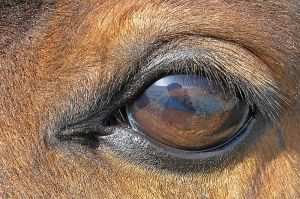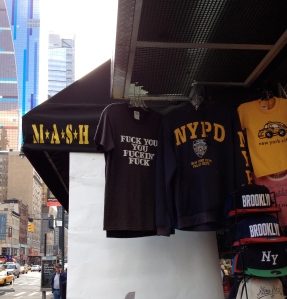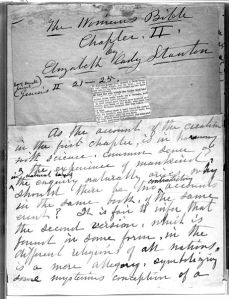I admit it. I use Wikipedia quite a lot. When I was teaching I wasn’t one of those professors who said “Don’t use Wikipedia,” but I did say that if students used it they should look up the references and make sure they were legitimate. Wikipedia is quite an achievement—a place to go to find out about many things, but not everything. This leads me to an observation that I hope isn’t uncharitable: there are a lot of underwhelming pages on the website. Anyone can edit it, of course, but I see quite a few pages of academics that have no more than a short paragraph of an (often) unremarkable bio, followed by fewer books than I’ve written. And they have an encyclopedia entry. It makes me wonder what it takes to be noteworthy.
I know quite a few Wikipedia page subjects. Most of them are nice people. Their greatest accomplishment is having landed a university post—maybe that’s enough to make someone noteworthy these days. I haven’t managed to do it. But many have. And most of them don’t have their own pages. I’m a realist about things like this. My books don’t sell enough copies for anyone beyond you, dear reader, to recognize me. This blog hasn’t had a million hits yet (it’s halfway there, in any case) and I can’t seem to retain followers on Twitter, or X, of whatever it is this week. But then again, I don’t expect to be on Wikipedia. Some people that I think should be aren’t. Popularity shouldn’t be the measure of importance. (That works both ways.)
It used to be that I’d run across Wiki pages with a header saying that a subject didn’t seem noteworthy enough. Sometimes such warnings were even for publishers—those of us who write need to find outside information about publishers, no matter how small. I don’t see those warnings much any more. I suspect Wikipedia is so large (over six-and-a-half million pages) that constant policing would be necessary. And how would it feel to have someone put a page together for you only to discover later that you’d been removed for just being too ordinary? That’s gotta hurt! Everyone, it seems to me, is notable. All people should be paid attention to. I suppose the rank and file of all of us would clutter Wikipedia endlessly, but I still do wonder how it is that surviving in academia is enough to make a person essential to know about, beyond their faculty webpage.















